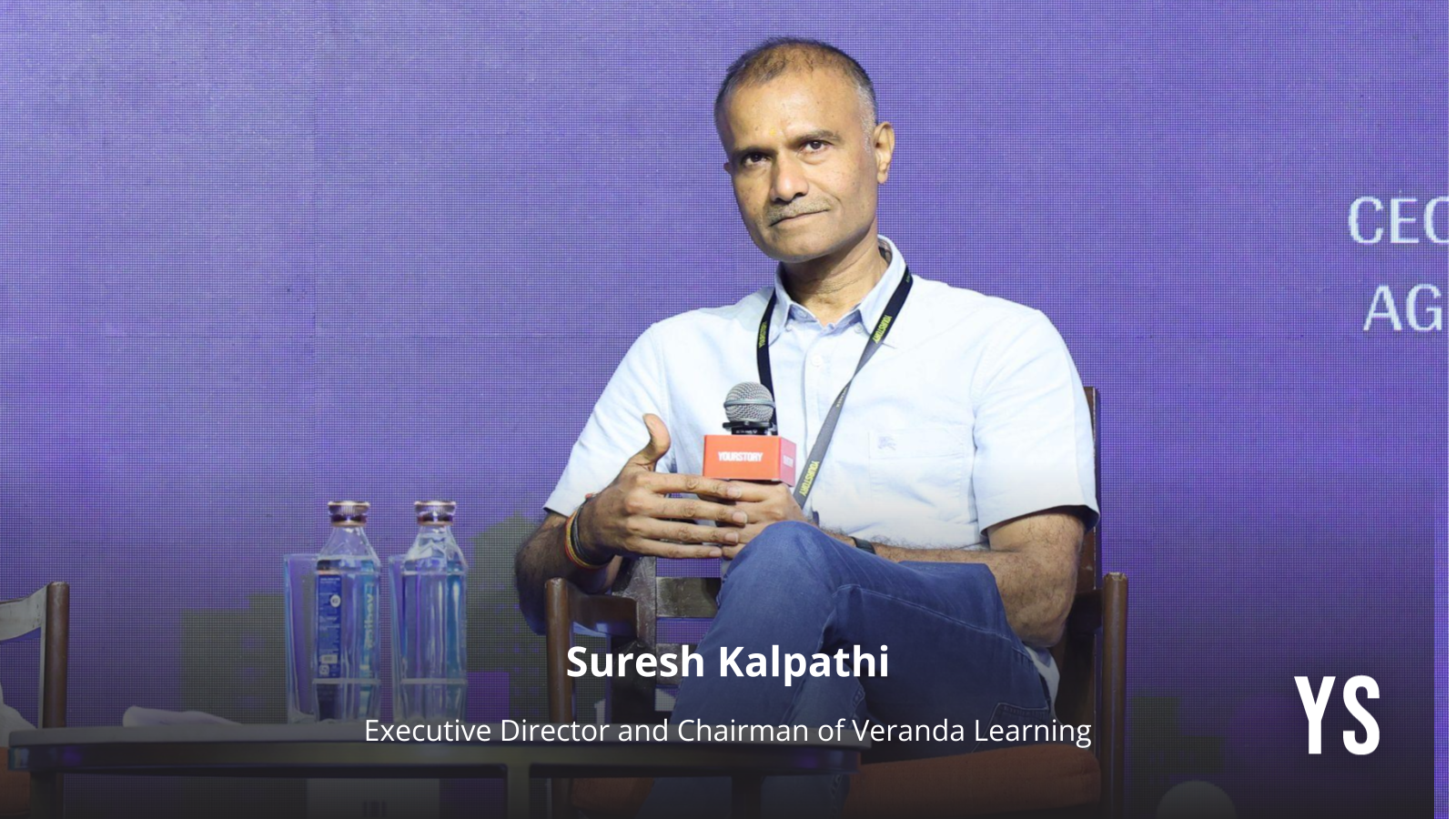[ad_1]
Chennai-based education firm Veranda Learning has received approvals to raise up to Rs 250 crore through a preferential issue as part of a broader fundraising plan to be completed within this financial year.
“We are thrilled with the robust response to the private placement driven by marquee investors. This successful fundraising equips Veranda with a robust capital base to drive our next phase of growth and demonstrates the confidence of investors in the vision and our potential for growth,” Suresh Kalpathi, Executive Director and Chairman of Veranda Learning, said in a statement.
The company plans to allocate the funds towards acquisitions, deferred consideration payouts, and expanding its existing business.
The Suresh Kalpathi-led firm plans to acquire a 51% stake in BB Publications Private Limited for Rs 126.2 crore and a 65% stake in Navkar Digital Institute Private Limited for Rs 45.5 crore.
BB Virtuals, founded by CA educator Bhanwar Borana with over 12 years of experience, is a well-established online platform for CA aspirants. Through BB Virtuals, Veranda plans to expand its reach and offer more resources to support students pursuing professional qualifications in commerce.
Navkar, founded by educator Hiteshkumar Shah with over 17 years of teaching experience, is a prominent offline platform for CA aspirants in Gujarat.
These acquisitions will enhance Veranda’s existing portfolio in chartered accountant, cost management accountant, and association of chartered certified accountants coaching offerings and will be integrated with JK Shah Classes.
The Chennai-based company is on track to close all acquisitions in this financial year, and no further equity dilution in Veranda Learning is expected beyond this financial year, according to Kalpathi.
In April, Veranda acquired Kerala-based Logic Management Training Institutes to expand its reach and provide students with a wider range of educational programmes. As an integral part of Veranda’s commerce education initiative, Logic also collaborates with JK Shah Classes.
This came a month after it raised Rs 425 crore in debt funding through non-convertible debentures from BPEA Investment Managers.
Veranda’s entire growth strategy almost completely relies on acquisitions—it has spent over Rs 1,000 crore to buy over a dozen companies.
These developments follow the Chennai-based education firm appointing three new board members—Prof. Jitendra Kantilal Shah, Prof. Ashok Misra, and N. Alamelu—as part of its move to professionalise the board with education leaders.
Earlier, Veranda Learning took a step towards professionalising its executive management by appointing Aditya Malik as Group Chief Operating Officer, aiming to strengthen leadership and operations.
Veranda continues to grow and expand in the education sector, which is currently facing a reality check with layoffs and funding challenges following the pandemic-driven surge. In FY24, Veranda more than doubled its revenue while narrowing its losses.
Veranda is focused on creating value through its strategic four-pillar approach, which includes academics, commerce, government test preparation, and study abroad. The commerce vertical has already shown strong performance, with a projected EBITDA of Rs 120 crore for FY25 and an expected profit of Rs 100 crore for FY26, the company said.
EBITDA, or earnings before interest, taxes, depreciation and amortisation, is a measure of core operational efficiency.
Veranda plans to improve operational efficiency and strategic focus by merging its existing companies to align with these segments.
Founded in 2018 by the Kalpathi AGS Group, Veranda Learning is a publicly-listed education company, which offers a bouquet of training programmes for competitive exam preparation and a slew of professional skilling and upskilling programmes.
[ad_2]
Source link





